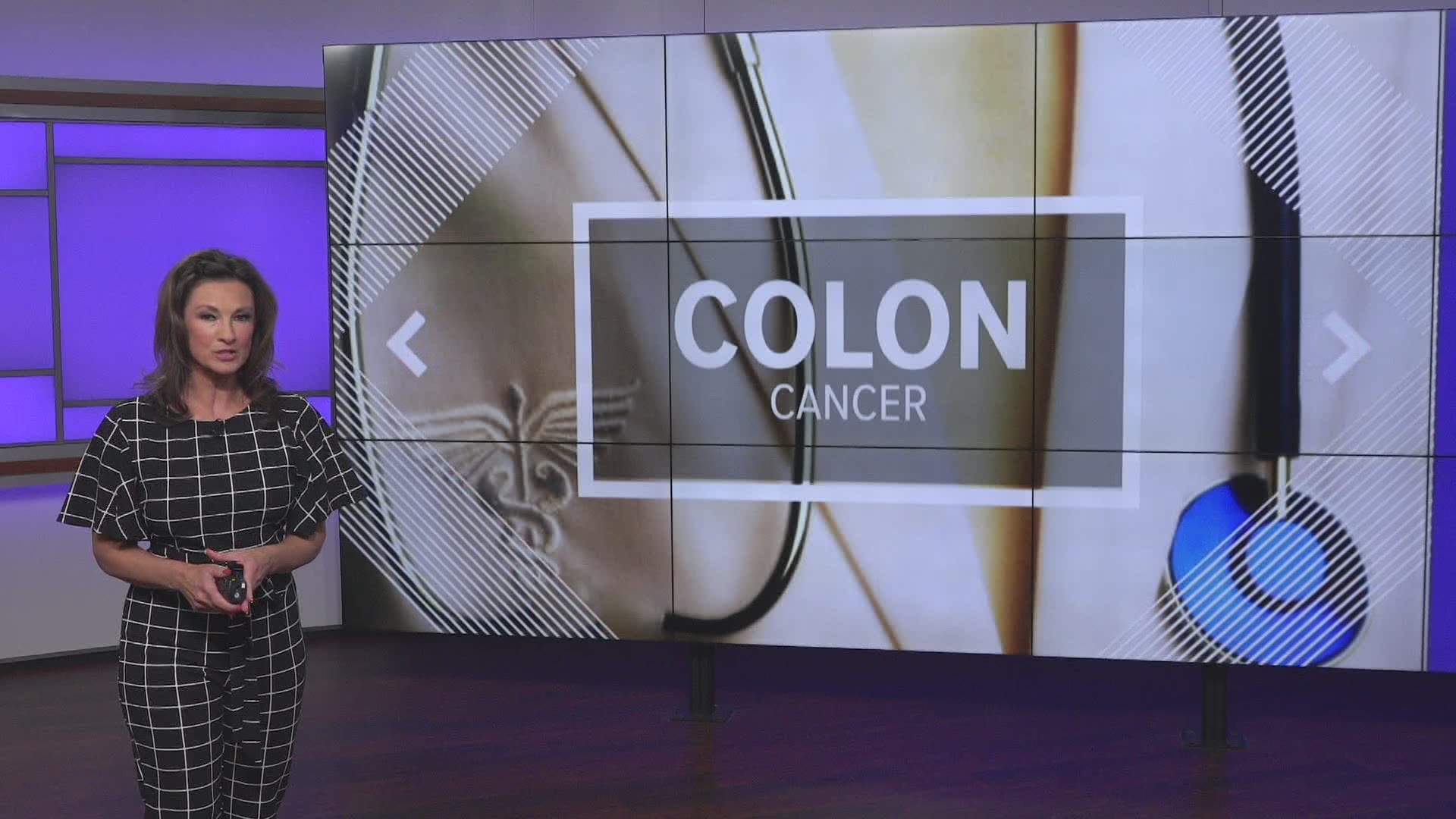One of the biggest questions surrounding Chadwick Boseman's death is how he could be so young, 43 years old, and have colon cancer. But unfortunately, deaths and diagnosis in younger patients is on the rise.
A recent review of cases by the American Cancer Society projected that 7% of all colon cancer deaths in 2020 would be to people under the age of 50.
Dr. Martin Luchtefeld, a colon cancer specialist with Spectrum Health, says part of the reason may be linked to antibiotics.
"One of the interesting theories is that it's related to the amount of antibiotics this generation got at a younger age. We do know that taking antibiotics changes the microbiome in the colon being the normal amount of bacteria that live in the colon all the time. And we do know that if you have different kinds of microbiome that may provide a better environment for colon cancer to grow," he said.
In addition some researchers say there could also be a link between the sexually transmitted HPV-16 and colon cancer. A study published by the National Institutes of Health found that HPV infection is common in patients with colorectal cancer.
So when should you get screened for colon cancer? Well, health experts are not really sure. The American Cancer Society has lowered the screening age to 45 but the United States Preventive Taskforce and Medicaid which help govern when screenings should begin still say 50.
If your doctor suggests a screening at 45 you should check with your insurance to see the test is covered.
SYMPTOMS
- Any major change in bowel habits
- Blood in the stool that is either bright red, black or tarry
- Unintentional weight loss
- Stools that are narrower than usual
- Diarrhea, constipation, or feeling that the bowel does not empty completely
- General abdominal discomfort, such as frequent gas pains, bloating, fullness and/or cramps
- Constant feeling of fatigue or tiredness
- New onset anemia
RISK FACTORS
- Having a personal history of colon or rectal cancer, adenomatous polyps, chronic inflammatory bowel disease, ulcerative colitis or Crohn's disease
- Having a strong family history of colon or rectal cancer, or polyps, especially a first-degree relative such as a parent, sibling or child or multiple second-degree relatives
- Obesity
- Smoking
- Diets high in meat and low in fruits, vegetables and whole grains
- Heavy alcohol intake
- Physical inactivity
RELATED VIDEO:
►Make it easy to keep up to date with more stories like this. Download the 13 ON YOUR SIDE app now.
Have a news tip? Email news@13onyourside.com, visit our Facebook page or Twitter. Subscribe to our YouTube channel.


